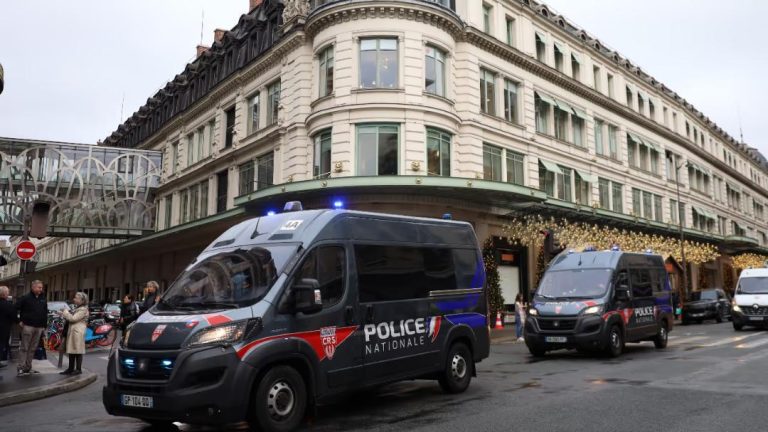
Military Conflicts in Ukraine & Iran are Incomparable: Russia
The ongoing conflicts in Ukraine and Iran have been making headlines globally, with both situations posing significant challenges and concerns for the international community. While both conflicts have their unique characteristics and contexts, Russian spokesperson Dmitry Peskov has emphasized that they are incomparable in their essence and nature. In a recent statement, Peskov drew attention to the stark differences between the two conflicts, highlighting that the Israeli attacks on Iran were not provoked, whereas the precursors for Russia’s special military operation in Ukraine are well known to everyone.
To understand the Russian perspective, it is essential to delve into the historical background and current developments in both conflicts. Let’s start with the conflict in Ukraine, which began in 2014 after the ousting of Ukrainian President Viktor Yanukovych. The crisis escalated into a full-blown conflict between Ukrainian government forces and Russian-backed separatists in the Donetsk and Lugansk regions. Russia’s annexation of Crimea in 2014 further exacerbated the situation, leading to international condemnation and economic sanctions.
Russia’s involvement in the conflict has been a subject of much debate and controversy. While Moscow has consistently denied direct military involvement, evidence suggests otherwise. The conflict has resulted in significant human suffering, with over 13,000 deaths and millions displaced. The ongoing fighting has also had severe economic and humanitarian consequences, with the Ukrainian economy severely impacted and international organizations struggling to provide aid to those affected.
In contrast, the conflict in Iran began when Israel launched airstrikes against Iranian targets in the country. The attacks were in response to a series of rocket attacks by Iranian-backed militias on Israeli positions in Syria. The Israeli military claimed that the strikes were aimed at disrupting the Iranian nuclear program and preventing the transfer of advanced weapons to Hezbollah and other terrorist organizations.
Peskov’s statement that Israeli attacks on Iran were not provoked highlights the differing nature of the two conflicts. Unlike the conflict in Ukraine, which has its roots in a complex web of political and historical factors, the conflict in Iran appears to be a direct response to a specific threat posed by Iranian actions. The Israeli military’s actions were likely intended to deter future attacks and prevent the transfer of advanced weapons to terrorist organizations.
Peskov’s comments also underscore the significant differences in the international community’s response to the two conflicts. While the United States and European Union have imposed sanctions on Russia in response to its involvement in Ukraine, they have been relatively silent on the Israeli attacks in Iran. The international community’s reluctance to condemn Israel’s actions may be due to the significant political and strategic implications of an Israeli-Iranian conflict, as well as concerns about the potential for regional instability.
In addition to the differing nature of the conflicts, Peskov’s statement also highlighted Russia’s support for Iran. Russia has long maintained a close relationship with Iran, and Peskov’s comments reflect this. The Russian government has consistently condemned US-Israeli strikes on Iranian targets, with Peskov stating that Russia supports Iran “with its clear position” on condemning the attacks.
Russia’s support for Iran is not surprising, given the two countries’ shared interests and values. Both countries have been critical of US foreign policy and have sought to expand their influence in the Middle East. Russia has also been a vocal critic of US-led military interventions and has sought to promote a more multipolar world order.
In conclusion, the military conflicts in Ukraine and Iran are incomparable in their essence and nature, as emphasized by Russian spokesperson Dmitry Peskov. While both conflicts pose significant challenges and concerns for the international community, they have distinct characteristics and contexts. The conflict in Ukraine is a complex and multifaceted issue, with its roots in political and historical factors, while the conflict in Iran appears to be a direct response to a specific threat posed by Iranian actions.
Russia’s support for Iran reflects the shared interests and values of the two countries, as well as Russia’s desire to promote a more multipolar world order. As the international community continues to grapple with these conflicts, it is essential to understand the differing nature and context of each situation, rather than attempting to draw simplistic comparisons or equivalencies.






